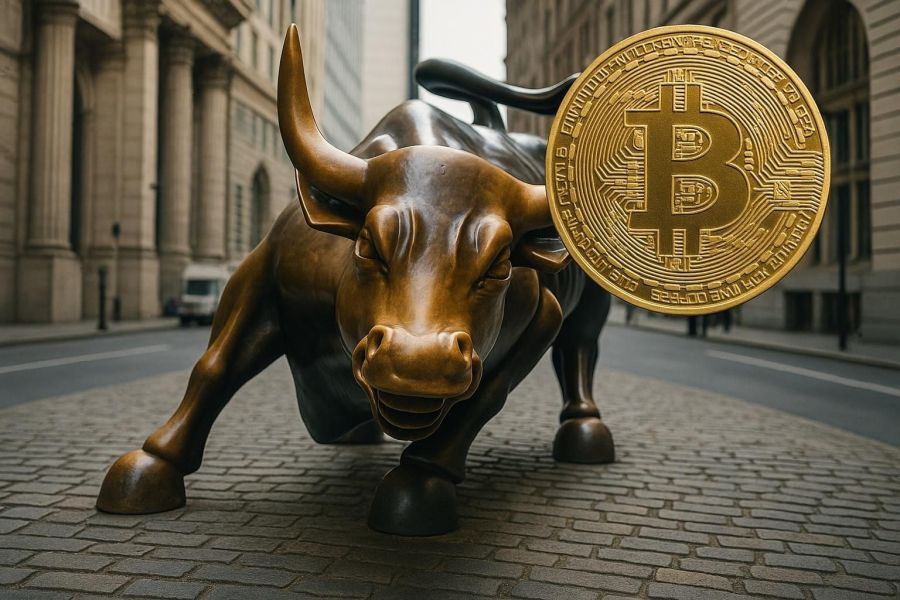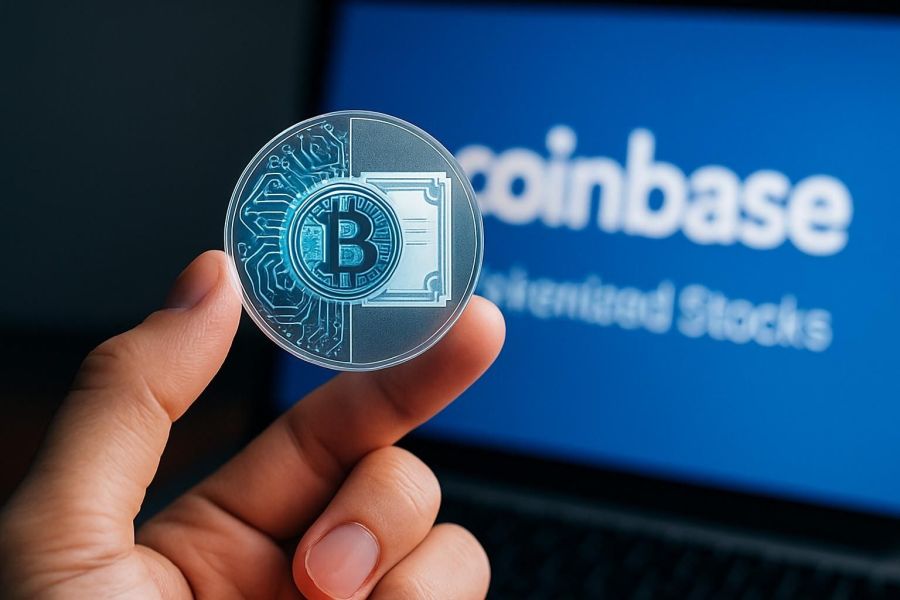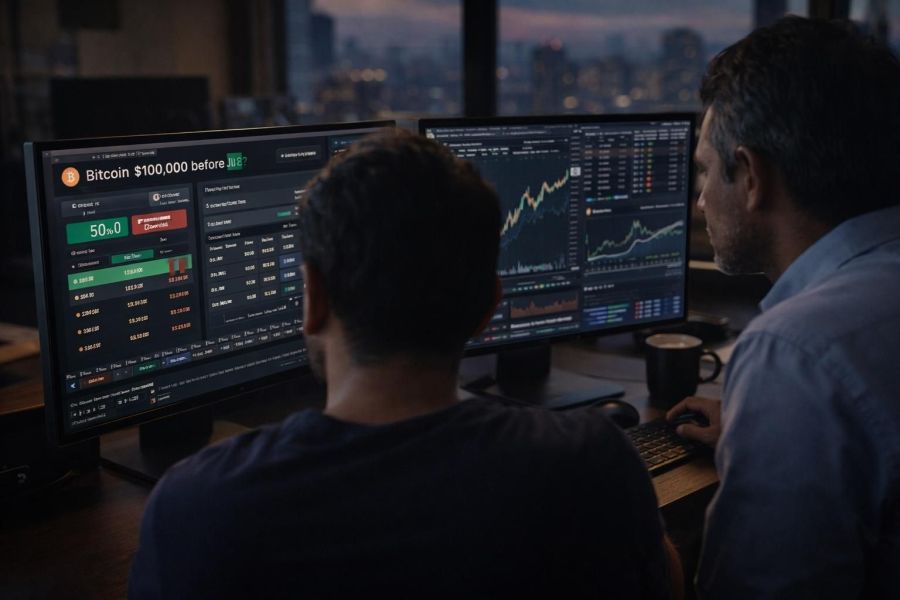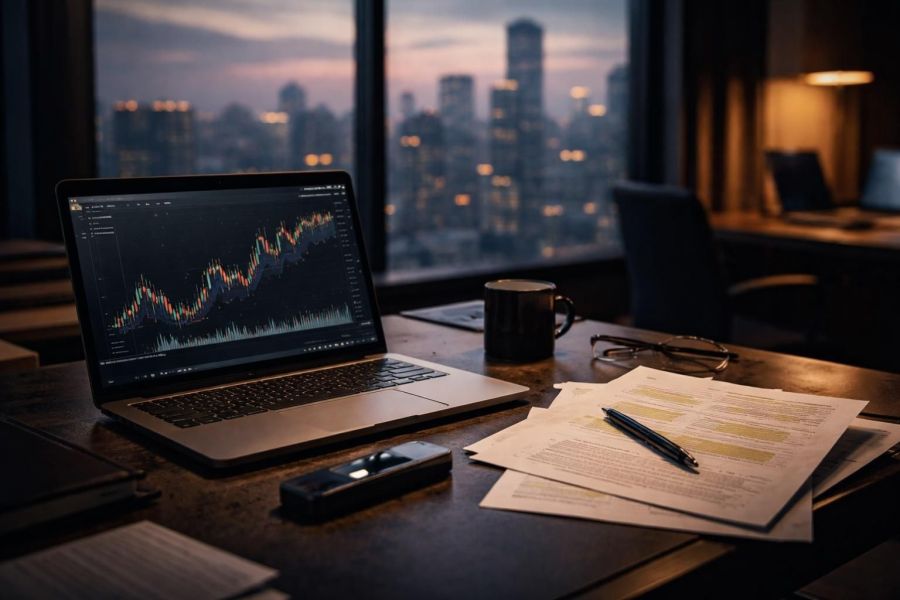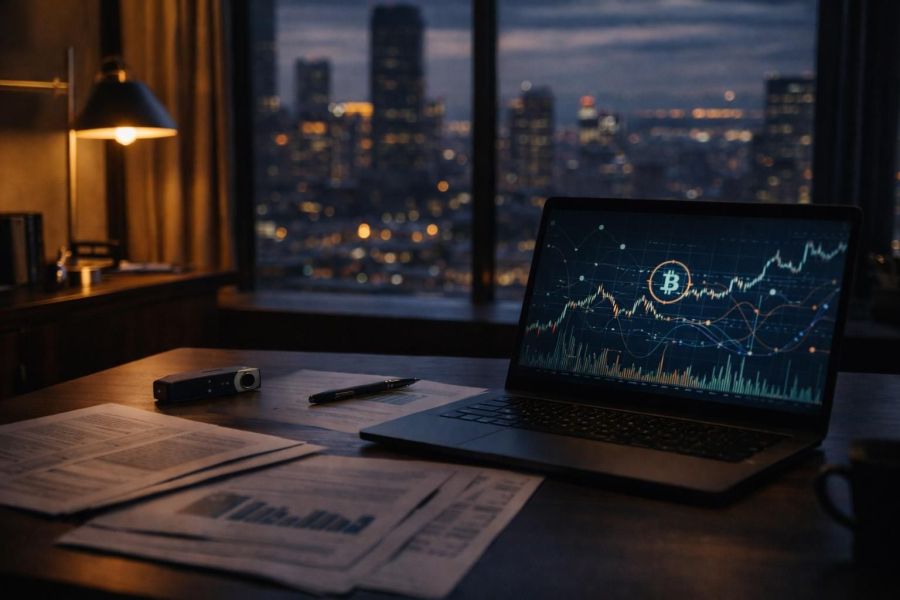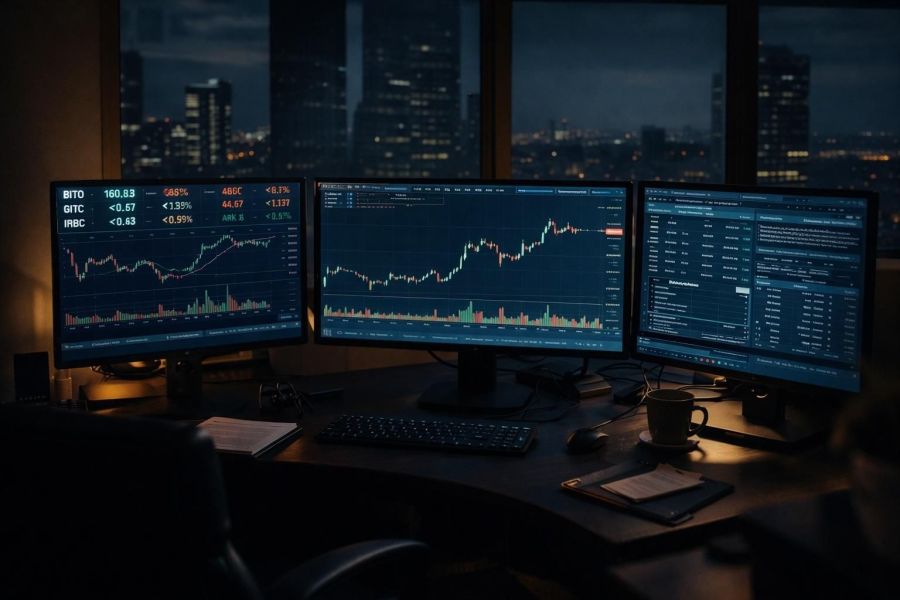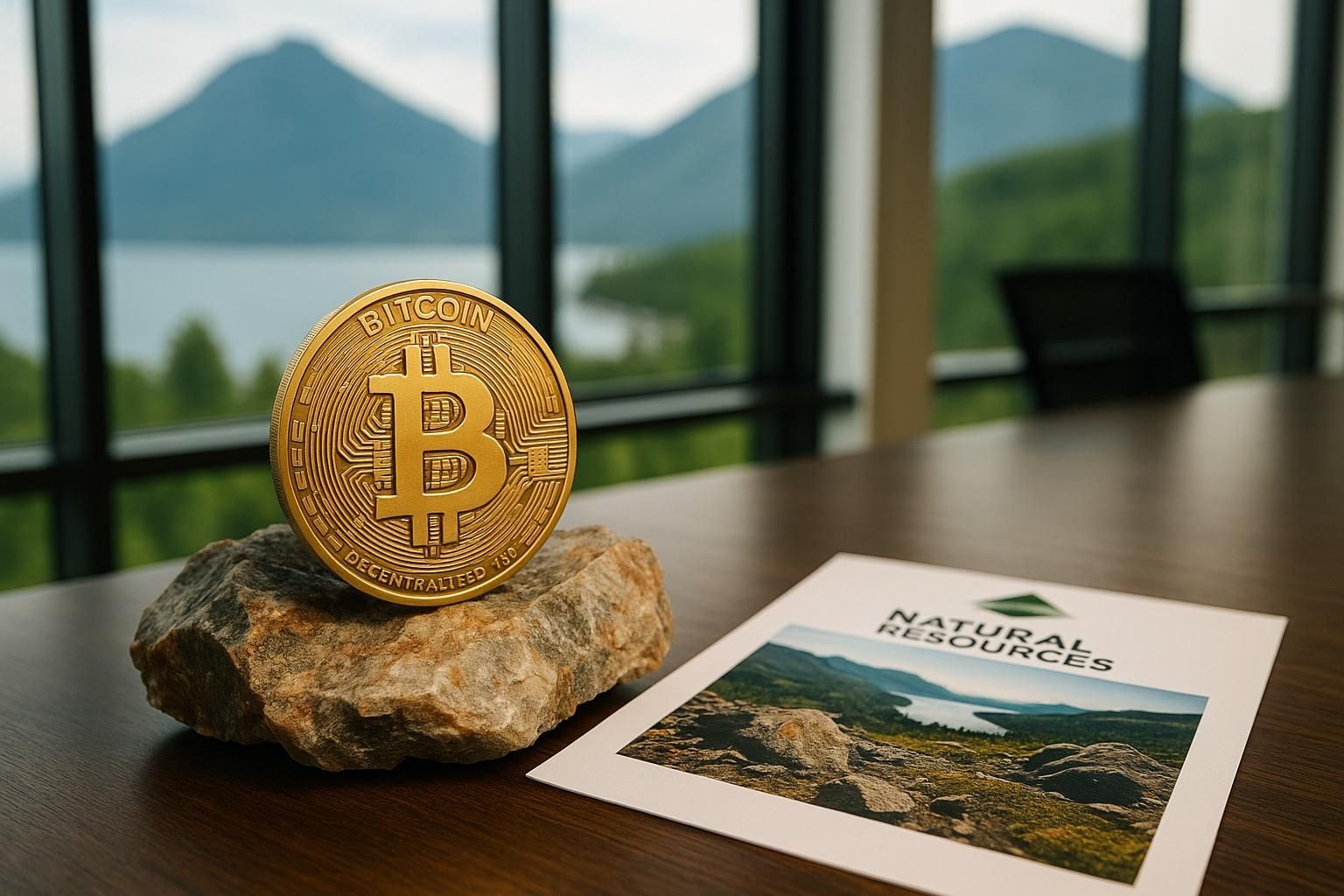
Green Minerals AS, a publicly listed Norwegian exploration company, has entered the Bitcoin space by purchasing 4 BTC for approximately NOK 4.25 million (~$395,000). The move marks a rare step from a non-tech sector into digital asset adoption, signaling Bitcoin's growing role as a macro-reserve asset beyond the fintech world.
1. Why a Mineral Exploration Firm Is Buying Bitcoin
Green Minerals is known for its focus on responsible deep-sea mining and sustainable mineral extraction. Now, by allocating part of its corporate treasury into Bitcoin, the company is positioning itself ahead of traditional finance's curve. The firm explained the decision as part of a strategy to hedge against fiat devaluation and macroeconomic instability (source [1]).
“We see Bitcoin as a long-term store of value that aligns with our mission of securing future-oriented assets,” the company stated in a press release. According to the board, this first purchase represents only an initial allocation and may be expanded over time as part of a broader digital strategy.
2. Signaling Institutional Confidence in BTC
This decision by Green Minerals follows a rising trend among publicly traded companies—including MicroStrategy, Tesla, and Block—that are integrating Bitcoin into their corporate balance sheets. However, Green Minerals stands out as it operates in the environmental resource sector, not the technology or finance industry.
“Bitcoin is no longer a speculative tool—it’s now being taken seriously as an institutional-grade treasury reserve,” commented a Decrypt analyst. The firm’s Bitcoin strategy adds weight to the argument that BTC is moving beyond a tech-centric asset and into broader capital management frameworks (source [2]).
3. Norway’s Crypto Landscape: A Contrasting Background
Norway is often seen as environmentally cautious, with parts of the government calling for restrictions on high-energy crypto mining operations. Green Minerals emphasized that its Bitcoin holdings are not related to any mining activity. The firm continues to comply with all ESG standards and regulations, focusing solely on holding BTC as a liquid asset.
This could serve as a model for other sustainability-driven companies in Europe that may view Bitcoin as incompatible with ESG goals. “It's not about mining; it's about treasury,” the CFO said. “We believe Bitcoin can coexist with our environmental commitments.”
4. The Bigger Picture: Bitcoin's Growing Role in Global Treasuries
According to public filings and analytics platforms, over 60 companies now report Bitcoin holdings as part of their treasury reserves. These include financial service providers, logistics firms, energy companies—and now, even mineral explorers. Analysts predict this trend will continue, particularly as inflation concerns and global fiat instability increase.
For Green Minerals, this move could enhance investor confidence by showing forward-thinking financial governance. It also positions the firm as an innovator not only in resource extraction, but also in capital preservation.
5. What's Next?
In interviews with local media, Green Minerals representatives suggested that further digital asset involvement is possible, though no mining operations are being considered. Instead, the company may explore tokenization of environmental credits or blockchain-based reporting standards in the future.
With this step, Green Minerals joins a small but growing group of companies that view Bitcoin not as a tech trend, but as a fundamental part of 21st-century financial strategy.



